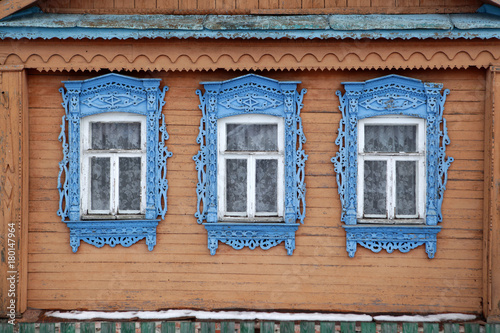Traitorfish
The Tighnahulish Kid
The historical consensus is mostly that "Western" and "Eastern" aren't very useful ways to describe societies, whatever Paradox games has to say about it.I remember, in Junior High School, back in the late '80's, reading in a World Book Encyclopedia at my local public library (back when to had to physically travel to a library and read a physical book to read an encyclopedia, because things like Wikipedia, or even an Internet of any meaningful robustness and approachable to most, just didn't exist) in it's 1988 edition, the article on the Soviet Union (yes, it was THAT long ago...), in the national history sub-article spoke of how, because of how back-and-forth historical influences had affected the region, it was "neither considered a purely a Eastern or Western nation." Although I am not sure if this still reflects the historical consensus on Russia, I've heard no academic update on that status by historians either way since.
But, yeah, it's weird how a lot of Western writing on Russia accepted in a weirdly uncritical way the basically pretty ridiculous claims of the Slavophile movement that Russia was a sort of far-flung outpost of Mongolia. Partly I suppose the Slavophiles themselves were reflecting back the Western European perception that Russia was basically Mongolia. Is there a term meaning "vicious cycle", but specifically where everyone involved gets dumber?


